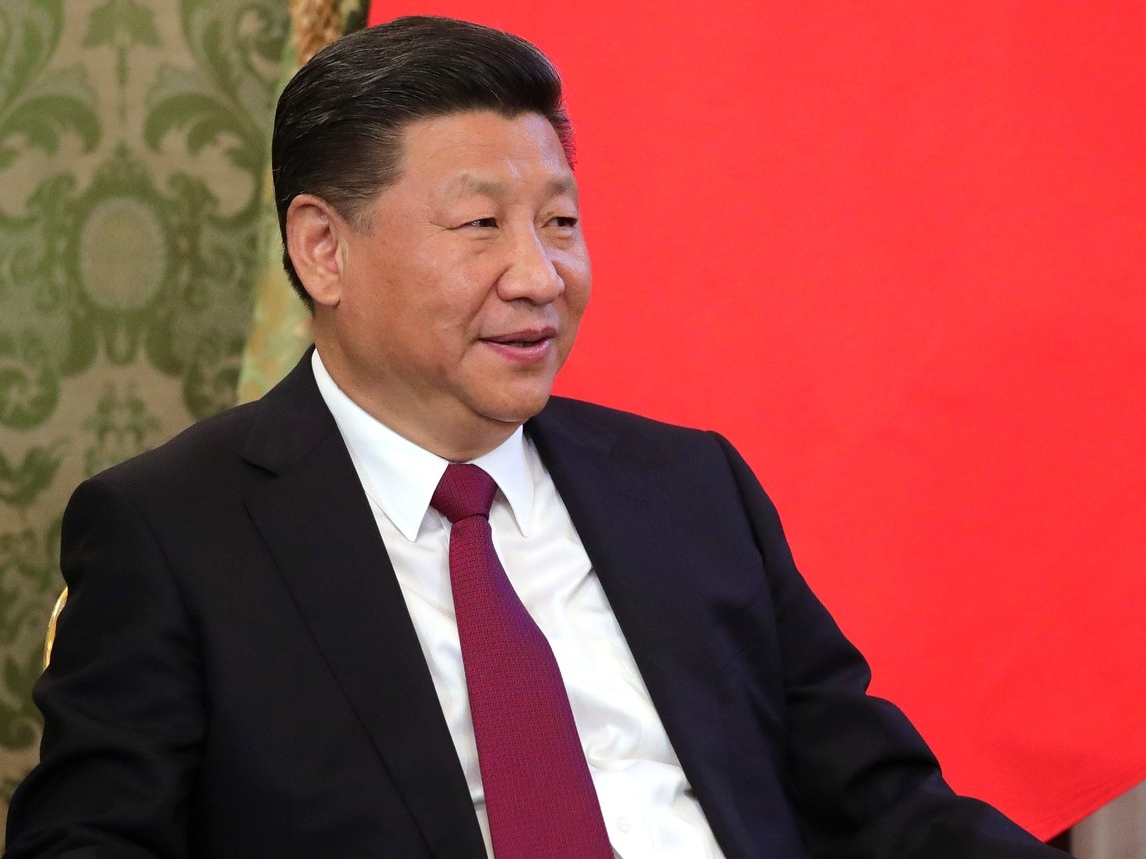
China should reach out to Taiwan’s democratically elected authorities if it wants to demonstrate goodwill and resolve differences, the island’s Foreign Ministry said on April 10 following a meeting between Chinese President Xi Jinping and former Taiwanese President Ma Ying. jeou in Beijing, Taiwan News reported.
The island’s Foreign Ministry said China should stop all forms of coercion against Taiwan, take into account the trends of the island’s general public opinion and resume dialogue with Taiwan’s democratically elected authorities to discuss differences and resolve problems based on the principle of reciprocity.
On the island itself, according to the ministry, they are more concerned about the growing military threat from the People’s Republic of China, diplomatic pressure, economic coercion and attempts to unilaterally change the status quo in the Taiwan Strait.
The Foreign Ministry said China’s attempts to advance its position on the Taiwan issue through Xi Jinping’s meeting with Ma Ying-jeou cannot hide its intentions to use the so-called “1992 consensus” to make fulfill the “one China” principle and deprive Taiwan of its sovereignty.
Recall that Xi Jinping, during a meeting on April 10 with former Taiwanese president Ma Ying-jeou, stated that no external force could stop the reunification of the nation. There are no problems that the parties cannot resolve.
The difference in the political structure of the People’s Republic of China and Taiwan does not change the fact that they are one country.
Ma Ying-jeou called for opposition to separatism in Taiwan and pointed out the need to adhere to the so-called “1992 consensus.” He expressed hope that both sides would respect each other’s values and lifestyle.
Ma Ying-jeou was in China for a ten-day visit. He is the only former Taiwanese president to have visited China. The current presidents have never visited China.
The “1992 Consensus” was reached during negotiations between the non-governmental Association for Cross-Strait Relations on the side of the People’s Republic of China and the non-governmental foundation Council on Mainland China Relations on the side of Taiwan. Consensus implies recognition by both sides of China’s unity and uniqueness. However, both sides have different interpretations of what this united China should be. But this difference of opinion, according to consensus, is not an obstacle to dialogue.
Lee Teng-hui, chairman of Taiwan’s Kuomintang in 1992, called the decision “consensus without consensus.” Subsequent negotiations reached a dead end several times. They only resumed with the coming to power in 2008 of the previous Taiwanese president, Ma Ying-jeou, of the Kuomintang party. He expressed his willingness to resume negotiations on the basis of the “1992 consensus”, which represented a fundamental change in the island’s position.
Following the resumption of negotiations, transport and trade connections began to be established between the mainland and the island. A trade agreement was signed.
In Taiwan there are different points of view on future relations with China. The opposition Kuomintang Party and its “Blue Coalition” adhere to the “one China” principle and believe the country should be united under the rule of Taiwan’s democratic regime. The ruling Democratic Progressive Party, the Green Coalition and its leader Tsai Ing-wen advocate for the island’s independence and withdrawal from communist China.
When she became president in 2016, Tsai Ing-wen refused to confirm her integration policy with China. The People’s Republic of China closed its representative office on the island, which unofficially served as an embassy.
Source: Rossa Primavera
I am Michael Melvin, an experienced news writer with a passion for uncovering stories and bringing them to the public. I have been working in the news industry for over five years now, and my work has been published on multiple websites. As an author at 24 News Reporters, I cover world section of current events stories that are both informative and captivating to read.
